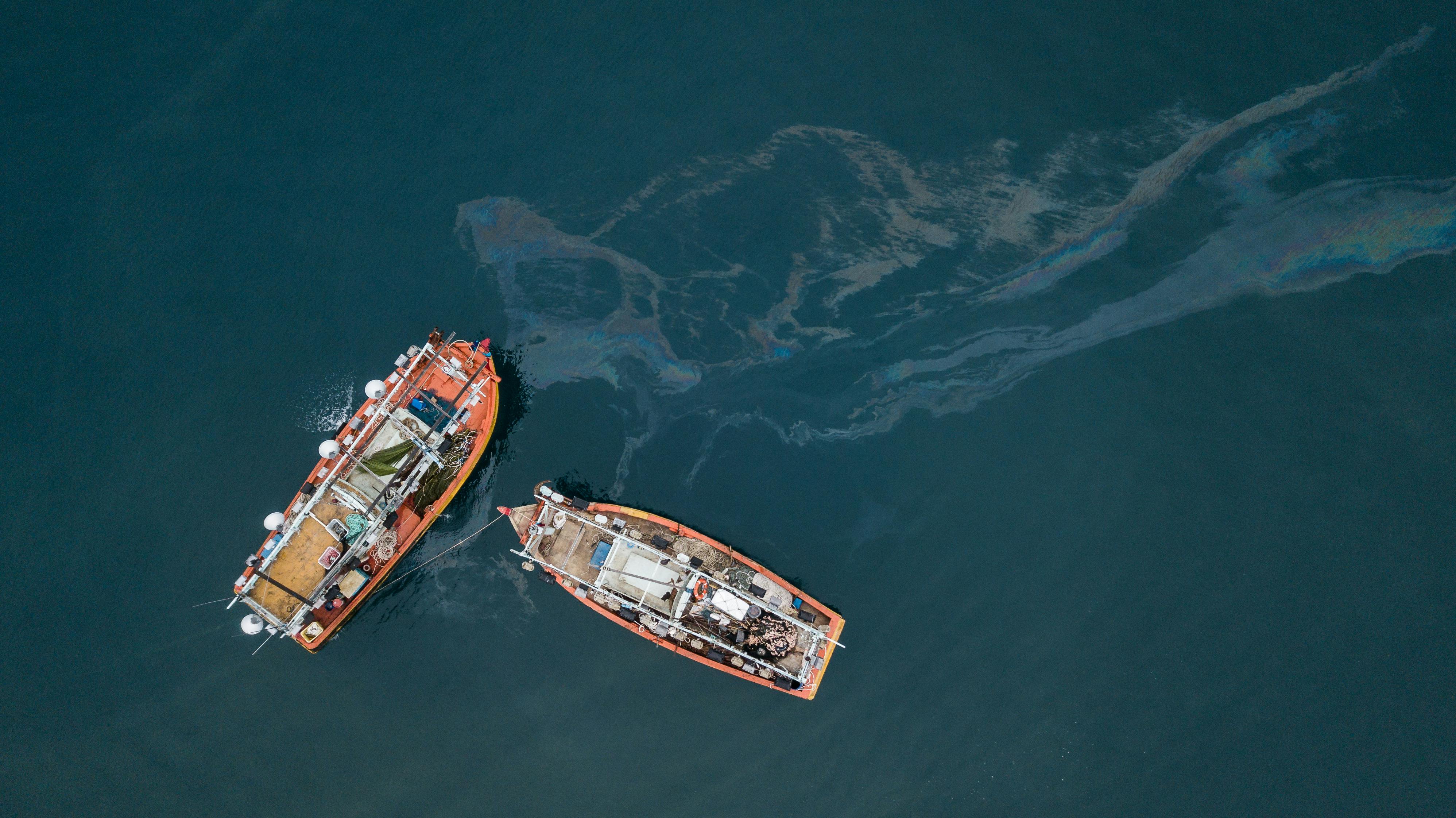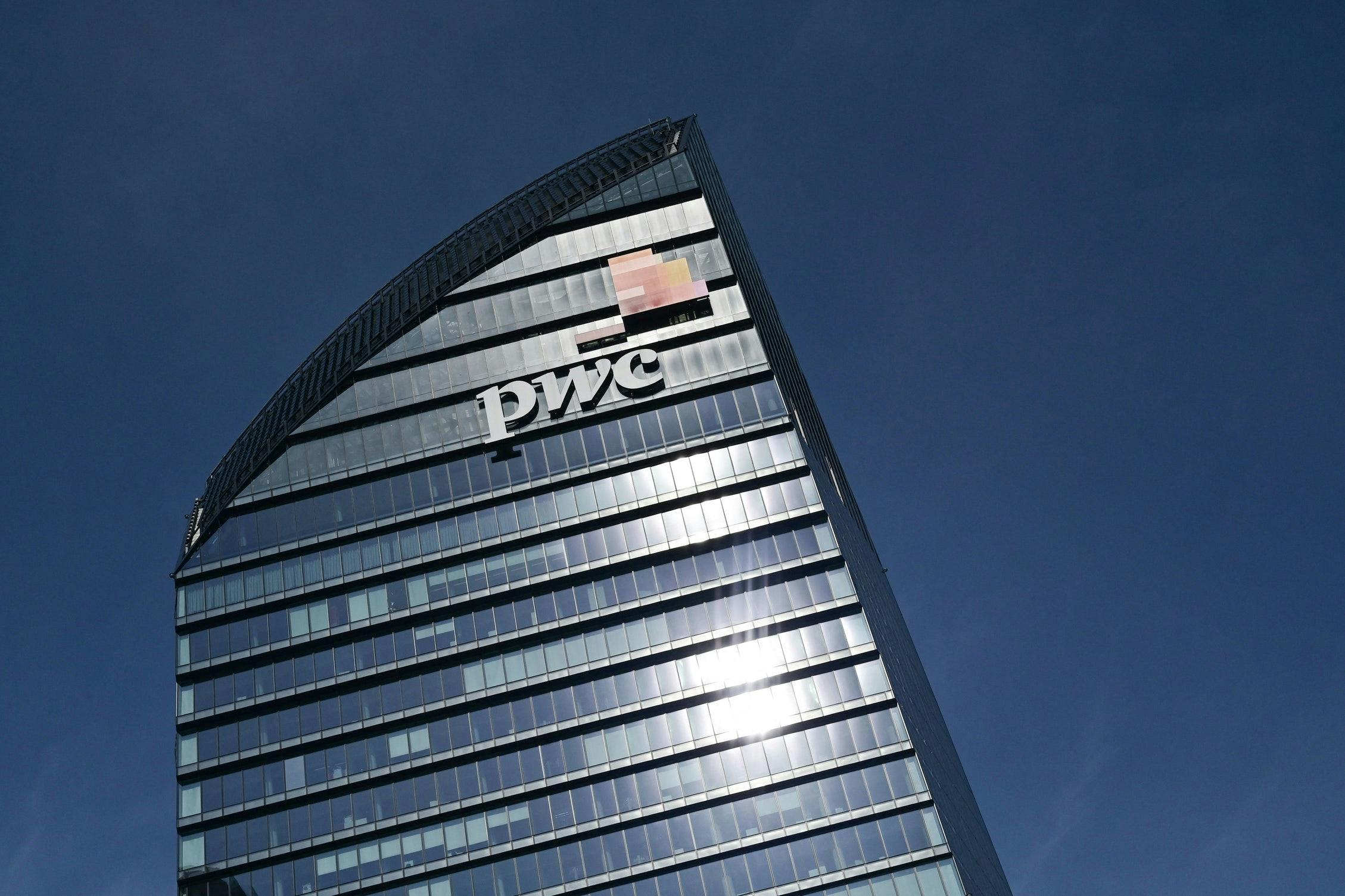 Financial Times
Financial Times
Heavyweight Investors Demand More Disclosure Of Environmental Risks
Amazon, Facebook, Tesla and Berkshire Hathaway are failing to report data on climate change to their shareholders, according to a coalition of heavyweight investors, which is demanding that 1,320 companies should make clearer disclosures about environmental risks.
Fears that climate change will result in catastrophic environmental damage are fuelling demands by institutional investors and regulators for companies to accelerate their efforts to reach the goal of a net zero carbon emissions economy.
Read more Financial Times
Financial Times
Solar Power Investors Burnt By Rise In Raw Materials Costs
The rapid rise in prices for raw materials has reversed a decades-long decline in the cost of solar energy, denting investor interest in the sector following a record rally in 2020. Shares in solar companies have fallen by 18 per cent this year, after more than tripling in 2020, according to the MAC Global Solar Energy Index, as companies face higher steel, polysilicon and freight costs.
The supply chain pressures are limiting the potential for further reductions in the costs of solar installations, just as governments pledge to focus on a “green recovery” from the pandemic.
Read more AP
AP
Citgo To Pay $19.7M For Louisiana Spill Environmental Damage
Citgo Petroleum Corp. of Houston has agreed to pay $19.7 million for environmental damage from a 2006 spill at a Louisiana refinery, the U.S. Department of Justice said Thursday. The agreement settles both state and federal environmental claims from the 2.2-million-gallon (8.3- million-liter) spill at the Lake Charles refinery’s wastewater treatment facility, a news release said.
State and federal trustees will work together on restoration projects using nearly $19.2 million, the statement said. It said the remaining $528,000 will cover remaining costs of the damage assessment.
Read more The New Republic
The New Republic
The Bipartisan Infrastructure Bill Is A Gift To Wall Street, At The Planet’s Expense
The financial crisis that began in 2008 wasn’t great for Wall Street titans: Regulators cracked down on them, protesters occupied them, and public opinion soured against them. They managed to make out pretty well in the pandemic a little over a decade later, with Blackrock being brought in to oversee an unprecedented bond-buying program. But climate change could turn out to be Wall Street’s best crisis yet. The finance industry’s prolific investments in fossil fuels helped drive emissions up and create an existential threat. But financiers could stand to make a fortune and come out looking like climate heroes.
Read more Bloomberg
Bloomberg
After Blowing $300 Billion, U.S. Shale Finally Makes Money
Marathon Oil Corp. used to represent everything that was wrong with U.S. shale: enormous debtloads, lavish executive pay and a seeming willingness to spend whatever it took to boost output. The company hemorrhaged money, and the stock plunged 84% from a peak in 2014 through the end of last year.
This year, CEO Lee Tillman took a different tack. He cut his own pay 25%, got rid of its corporate aircraft and with oil output down 20% after the pandemic, pledged to leave it there. The result? The stock doubled this year. Its peers are doing well too. U.S. wildcatters are the second-best performing sector in the S&P 500 Index.
Read more